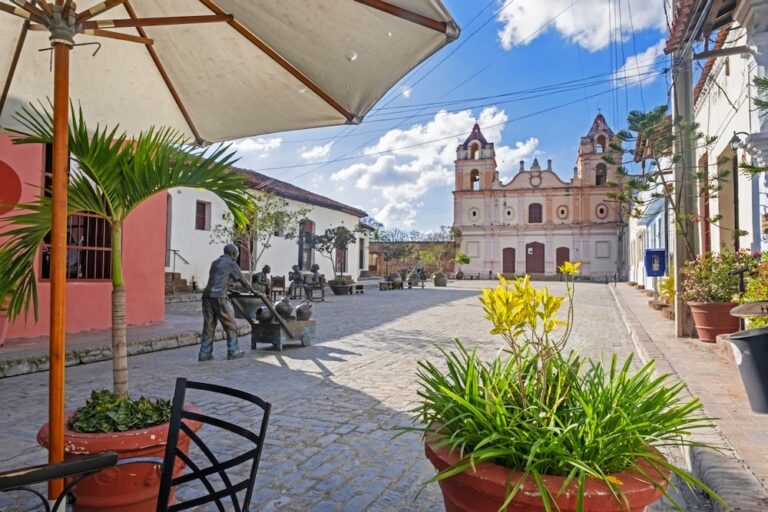The National Revolutionary Police have arrested and threatened independent journalist Bernardo Arévalo for the second time in a less than month, this time as he was travelling to the northern province of Matanzas.
This article was originally published on rsf.org on 3 October 2014.
The National Revolutionary Police have arrested and threatened independent journalist Bernardo Arévalo for the second time in a less than month. This time they arrested both him and his wife as they were travelling to the northern province of Matanzas on 28 September.
They held Arévalo for two hours, forced him to undress, took his USB flash drive with four articles he had written for El Cubano Libre de Hoy, and threatened him with a four-year jail sentence if he did not stop writing for this independent publication, which the police call “counter-revolutionary.”
When the police arrested him in similar circumstances on 6 September, they threatened him with imprisonment if he did not leave Cuba. Arévalo spent six years as a political prisoner, from 1997 to 2003,
after being convicted of insulting Fidel Castro and then vice-president Carlos Lage.
“After two arrests in less than a month, we are very concerned about the situation of Bernardo Arévalo, who has already said he is determined not to leave Cuba,” said Reporters Without Borders deputy programme director Virginie Dangles. “We urge the Cuban government to put a stop to these arbitrary arrests and all the other methods it uses to intimidate independent journalists.”
Ricardo Sánchez Tamayo, a journalist based in the southeastern city of Bayamo who reports for Hablemos Press, a Havana-based independent news agency, was arrested on 13 September and held for 48 hours for circulating the Hablemos Press newspaper locally.
The agency’s editor, Roberto de Jesús Guerra, was himself held for five hours at Havana’s international airport on his return from Panama on 30 September. Customs officials confiscated a digital recorder from him.
Four journalists are currently detained in Cuba. They include Juliet Michelena Díaz, who has been held since 7 April without any decision being taken on her case by a court.
Cuba is ranked 170th out of 180 countries in the 2014 Reporters Without Borders press freedom index – the lowest position of any country in the Americas.


